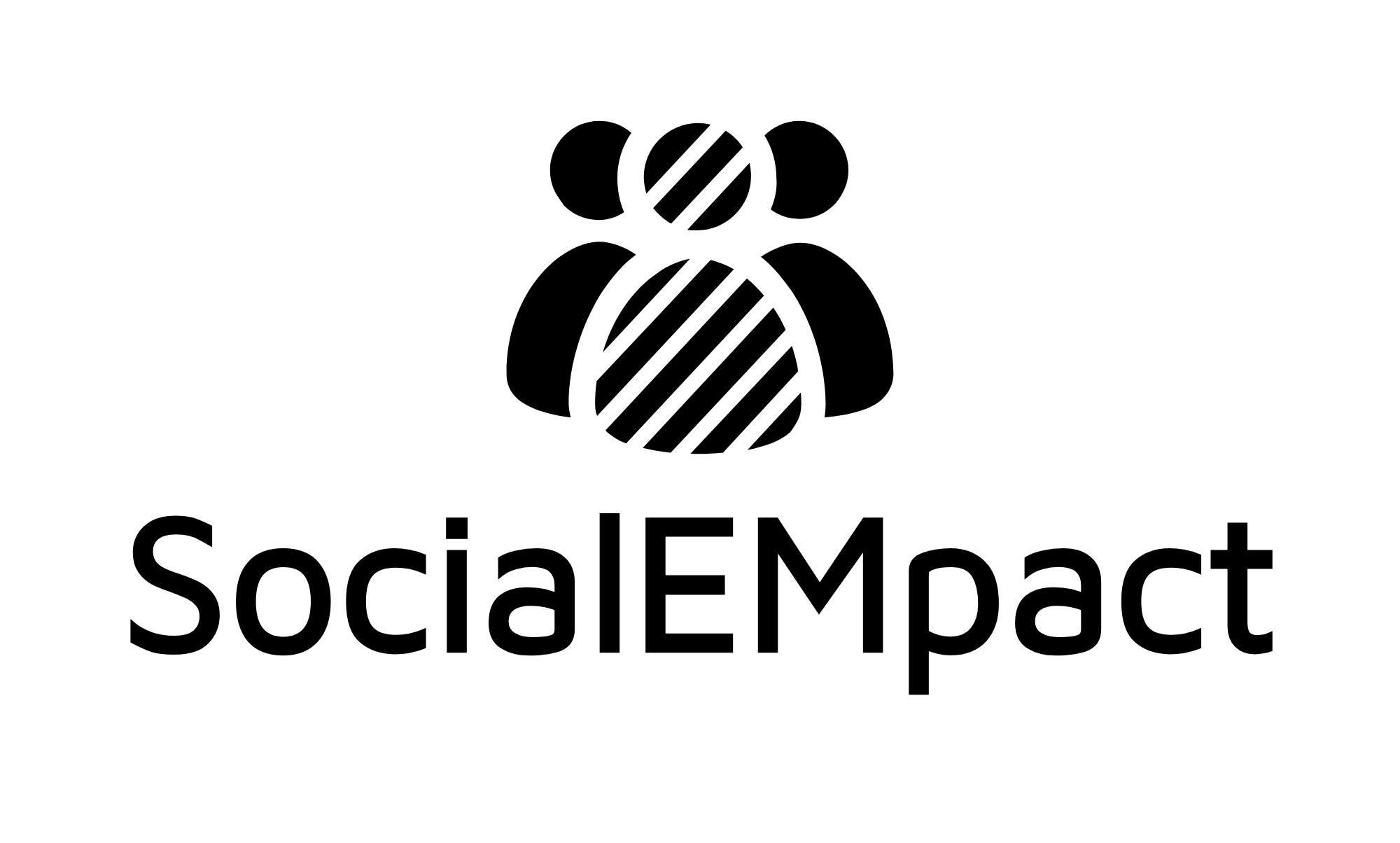Stanford University Social Emergency Medicine Fellowship
Ayesha Khan, MD, MPH, is the Director of the Stanford Social Emergency Medicine Fellowship, where she is Assistant Professor of Emergency Medicine. She is Chair of the ACEP Social Emergency Medicine Education Section and Co-Host of the Announce Social EM Podcast. In this interview Dr. Khan discusses the Stanford Social EM Fellowship with its training in research, education and advocacy, with the goal of providing graduates with the skillset to advance the field of Social Emergency Medicine.
Interviewed by Bailee Jacobsen, DO, 2nd year emergency medicine resident at Loyola University Medical Center
Edited by Kian Preston-Suni, MD, MPH
Additional fellowship information is available at:
https://emed.stanford.edu/fellowships/mph.html#overview
Dr. Ayesha Khan: akhanx@stanford.edu
Can you tell us a bit about your background and what drew you to become a part of leadership for the Stanford social EM fellowship?
I’m an immigrant, and my family had a lot of the struggles that many immigrant families have, so I experienced the social determinants of health from that vantage point. I have always had a desire to make things better and more equitable. I did my medical school and training in Detroit, where at that time, about 80% of the population was either uninsured or underinsured, and the ED was the only platform for care. The struggles of inequity and public health failures were very apparent. We can’t really fix disease until we look at the environment that is causing it.
When the earthquake in Haiti hit, I was asked for disaster relief work and I became entranced in global health. My actual fellowship is in global health, and I came to Stanford with a focus on global and public health. At Stanford, I got the chance to marry the two together. They was never really different topics, just different settings. To me, acute care issues globally and domestically are all linked to health inequities and access to care, so that is what my work has been in.
What is one unique aspect of the social EM fellowship at Stanford?
The way that our fellowship works is that it is very fellow driven. What we offer is mentorship, a basic curriculum with topics in social emergency medicine, research training (how to do it, study design, etc), and opportunities for education and advocacy. We ask the fellows to dabble in all three branches of policy/advocacy, research, and education. You choose one of those three branches, and that becomes your scholarly work. I think of a fellowship as a PhD, you are exploring the boundaries of a topic that is yet to be addressed, and that is your job in the two years of fellowship. This scholarship really defines the two years. Our goal is to help our fellows develop their niche and to be the best advocates for what they are interested in whether in the community or academics.
Can you briefly describe some qualities or experiences you look for in potential applicants?
One requirement of the fellowship is that you have to be a graduate of a 4-year EM residency program or have a year of work experience after graduation from a 3-year program, and are able to commit to a 2-year fellowship program. Another thing I am looking for is that I want you to be able to talk passionately about what it is you want to do. You don’t have to know everything about social emergency medicine, that is what I am hoping to teach you. I am looking for a desire and a willingness to work for it. Lastly, our fellows are faculty at Stanford. Part of being faculty at Stanford, is getting along with your colleagues, participating, being an excellent teacher, physician, and team member. Those are all things we are looking for.
For graduates of a three-year program, is there a particular setting that the year of work experience needs to be in, i.e. community vs academics?
No, it does not matter whether it is community or academics. Part of the reason for that, is that the Stanford EM residency is a 4 year program and as a fellow, you will be teaching and if you went to a 3-year program then the 4th year residents would be your equals, so we require an additional year of experience prior to being able to be a fellow. For me, it is great if during that year of experience, you reach out and tell me about your interests and discuss and develop potential projects, and that is how much farther along you would be if you came here as a fellow.
Have there been any changes to the application process secondary to COVID?
The way that you apply is all online, detailed on the website. Up until now, the interviews were always arranged at ACEP. What I imagine now, is that we will now be interviewing on zoom. We will still be accepting fellows this year; it will all be the same except virtual.
Any additional information you would like potential applicants to know?
Just reach out. Find the people who are working in the field you are interested in. No one is going to yell at you. The networking part is very important. I always encourage people to reach out and have a conversation with me. You don’t have to be sure that you are going to be applying or interviewing, but maybe I can tell you who you should talk to. The whole field is based in inclusion, we are all willing to help at any time. If you are thinking about it, look up what you can on the websites, look up who is in your field that you admire, and reach out to them.

